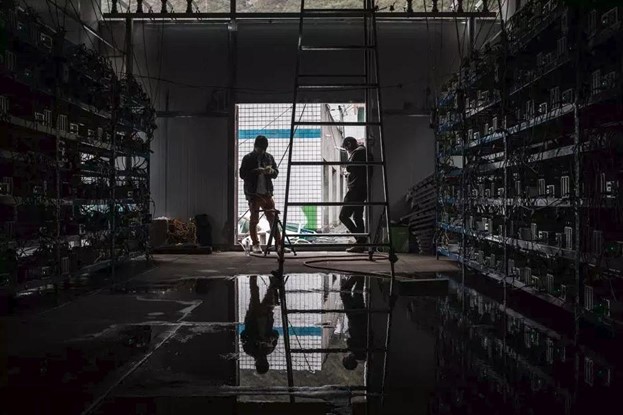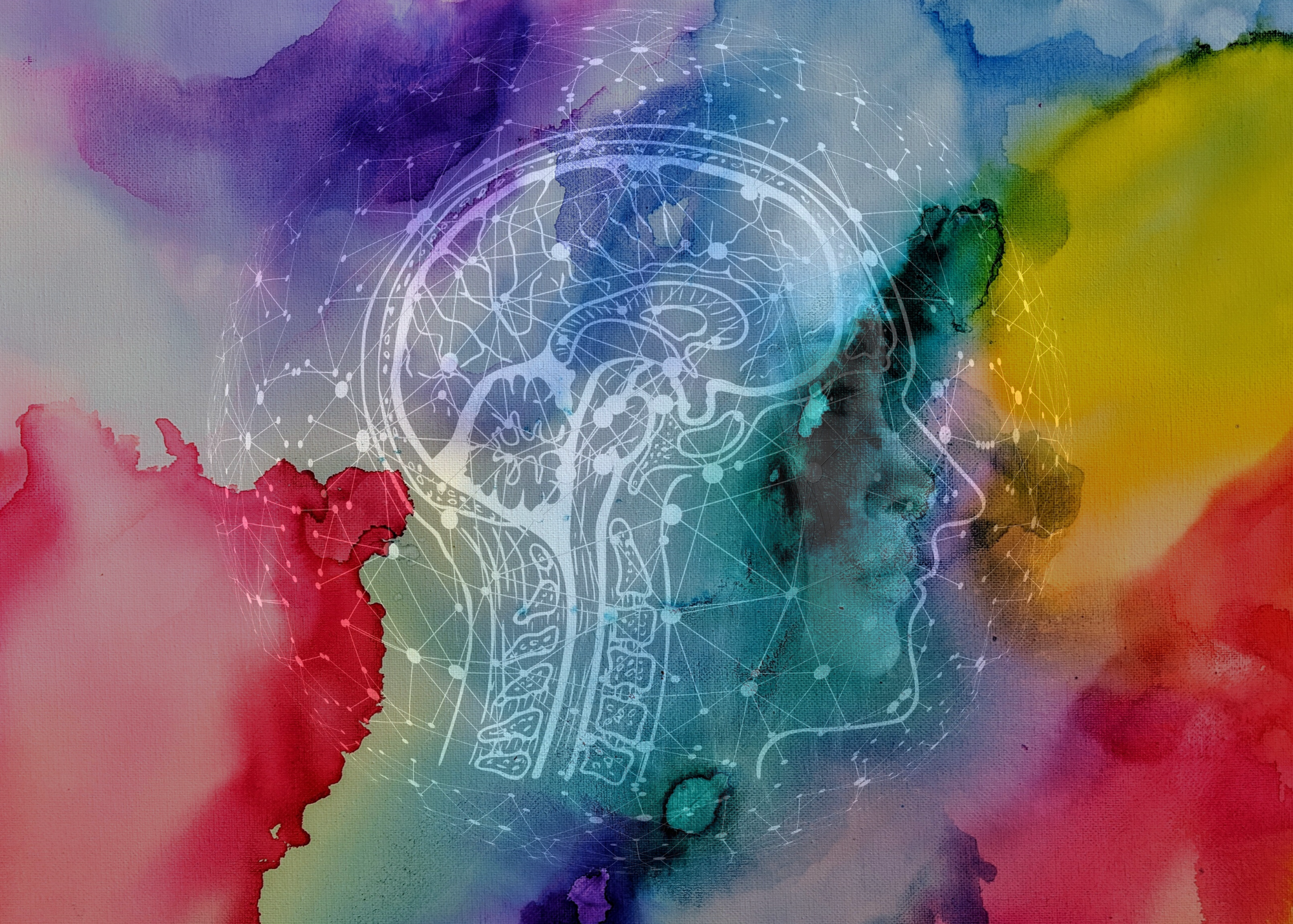Technologies in Practice is one of Scandinavia’s leading research groups at the intersection of IT and society. Based at the IT University of Copenhagen, we conduct qualitative studies of technologically mediated practices in organisations and everyday life.
The vast majority of societal challenges demand critical engagement with contemporary technologies.
Our interdisciplinary environment provides students and researchers with the resources necessary for analysing entanglements of the social and technical with and through IT.
News
Emerging Technologies: The Case of Edge Computing
The Reimagining Digital Infrastructures project (James Maguire, Assistant Professor in TiP and Cristina Canureci) has published a report on Edge Computing. Edge infrastructures–– as a newly emerging computing paradigm––are one form of industry response to the need to diversify our digital infrastructures. While not replacing centralized digital processes, edge is one way, the report argues, […]
Your Holiday Listen – New Podcast Episodes
Just in time for a good listen during the holidays, researchers of the Data as Relation Research project and the Center for Digital Welfare have recently published some new podcast episodes. Listen to the special series of the Data as Relation podcasts telling the story of digitalization and big data in little Denmark through conversation […]
TiP on Twitter
Tweets by @TiP_ituResearch
We are an interdisciplinary group, with a shared interest in qualitative studies of technologically mediated practices. Our work is funded by the Danish Research Council, European Union's Horizon 2020 program, Carlsberg Foundation, Innovation Foundation, Novo Nordisk and the Velux Foundation.
Teaching
We closely integrate our role as educators with our work as a research group. Our international faculty use insights from around the world in their teaching. Our teaching draws on disciplinary backgrounds such as information studies, history, anthropology, sociology, and critical computer science. We aim to help students address the critical questions arising at the intersection of society and technology.





